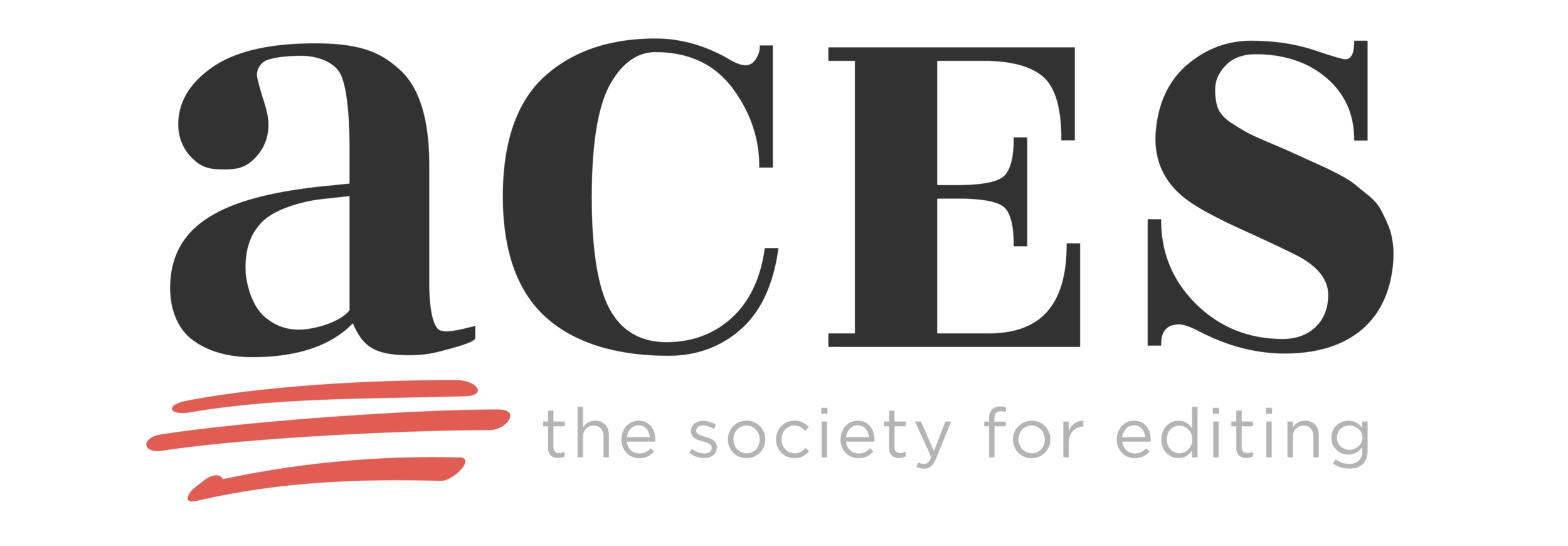Turning an academic research paper into a physician-accessible article for InventUM | University of Miami Miller School of Medicine
READ ON THE READ ON THE UNIVERSITY OF MIAMI MILLER SCHOOL OF MEDICINE WEBSITE
BY ROCHELLE BRODER-SINGER
Scratching for an Explanation for Psoriatic Itchy Scalp
Psoriatic scalp itch may have a larger neural component than previously thought, with neuroimmune mediators — rather than the histamine system — controlling the severity of this type of itch, according to a study led by Miller School of Medicine researchers.
As many as 70% of people with psoriasis report itchy scalps, and treatment is challenging due to the location of scalp lesions and an incomplete understanding of exactly what causes and affects this type of itch. This study was the first of its kind to examine mediators involved in itchy psoriatic scalp and provides some novel insights into how the mechanisms of psoriatic scalp itch are different from psoriatic itch in other locations.
“This study demonstrated that histamine is not a mediator in psoriatic scalp itch, and the use of antihistamines, a common treatment, will not help patients,” said Gil Yosipovitch, M.D., professor, Stiefel Chair of Medical Dermatology, and director of the Miami Itch Center at the Dr. Phillip Frost Department of Dermatology and Cutaneous Surgery. “Inhibitors that block neural channels may better treat this type of itch, and our research indicated specific types of inhibitors to work on in order to help these patients.”
Dr. Yosipovitch was senior author of the study “Neuroimmune Mediators of Pruritus in Hispanic Scalp Psoriatic Itch,” published recently in Acta Dermato-Venereologica and funded by a research grant from LEO Pharma, a dermatological pharmaceutical company. The study’s first author, Leigh A. Nattkemper, Ph.D., is a research assistant professor in the department. Co-authors Zoe M. Lipman, M.D., and Giuseppe Ingrasci, M.D., were Miller School students who are now in their internships. Co-author Enrique Loayza, M.D., was one of Dr. Yosipovitch’s fellows and currently works in the dermatology department at Hospital Luis Vernaza in Guayaquil, Ecuador, where the patient research was conducted.
Mediating a Complex Interplay of Itch’s Causes
The researchers examined scalp biopsies from Hispanic patients with psoriasis who were not receiving treatment or who had stopped treatment prior to the biopsy. The patients were asked to rate the intensity of their scalp itch, which was found not to correlate with the visual severity of their scalp psoriasis.
The group of patients who reported severe scalp itch and the group that reported no scalp itch or mild to moderate itch showed several differences in neuropeptide, transient receptor potential and immune system expression, although they showed no difference in histamine expression.
“Our results indicate that the severity of itching in scalp psoriasis involves both neurogenic and immunogenic inflammation, but itch severity is not mediated by a histaminergic pathway,” Dr. Yosipovitch said, noting that these findings are consistent with prior data on most other types of chronic itch.
The scalp skin of patients with severe itch showed significantly greater expression of protease-activated receptor 2 (PAR2), substance P, the transient receptor potential ion channels TRPV3 and TRPM8 (a cold receptor), and immune-cell activating interleukin-23 (IL-23) cells. The itchier the patient said their scalp was, the higher the expression. All of these are known to make skin more prone to itch and/or to amplify itching sensations.
However, another substance known to increase itchiness — histamine — did not appear to play a role in the level of psoriatic scalp itch in these patients. There was no significant difference in histamine+ cells between the two groups of patients with psoriasis, and no correlation between histamine+ cell levels and itch severity.










